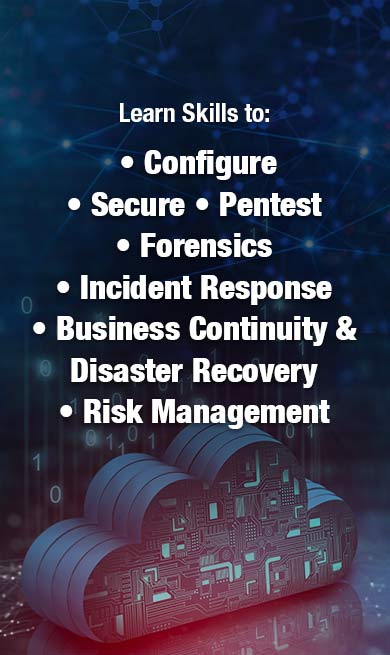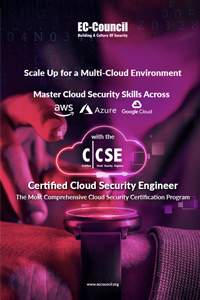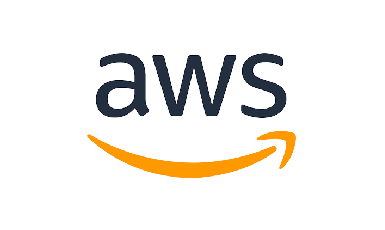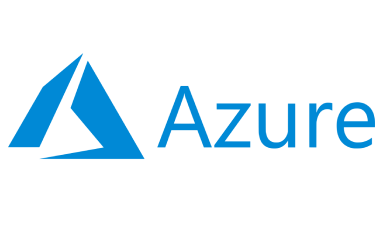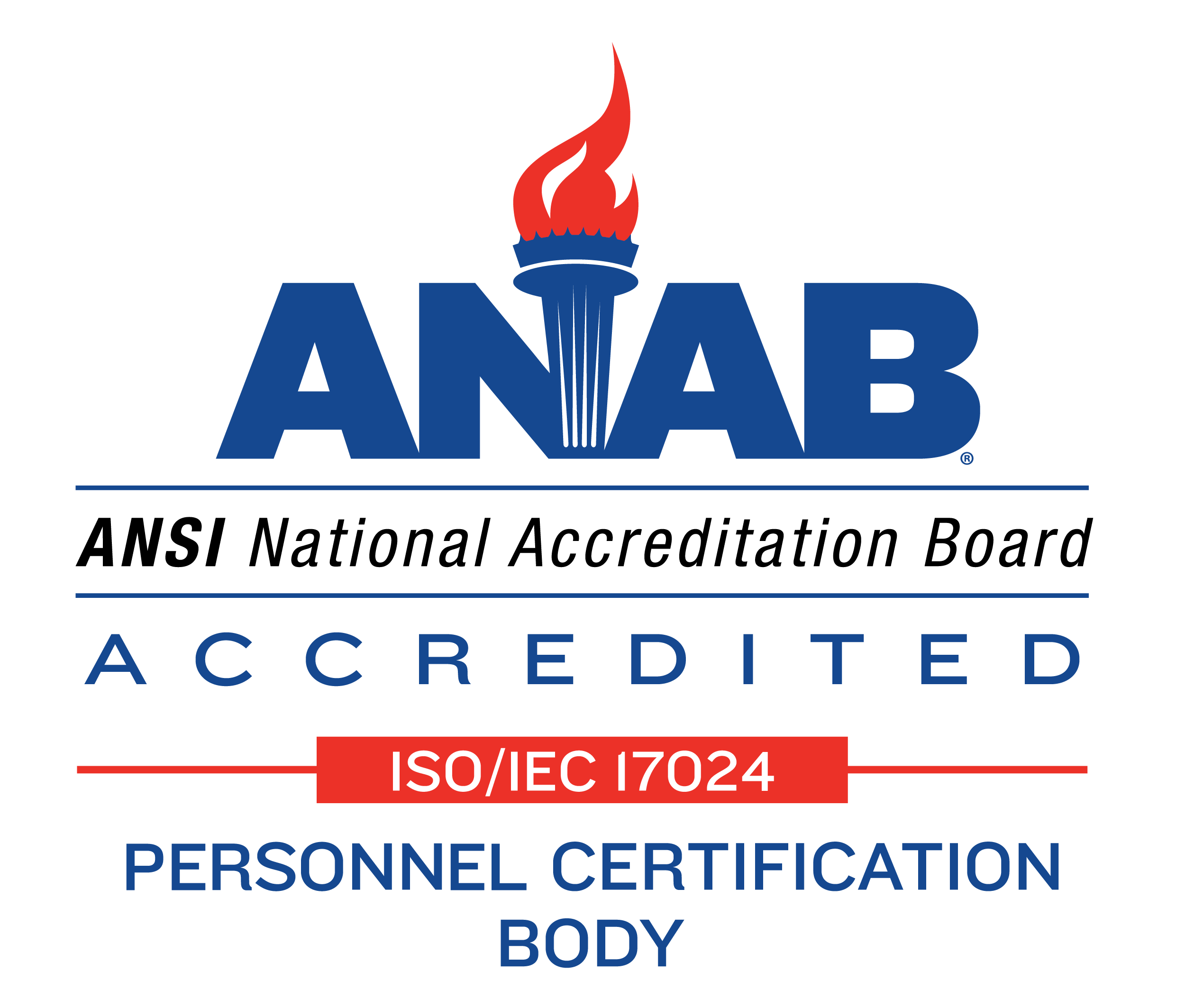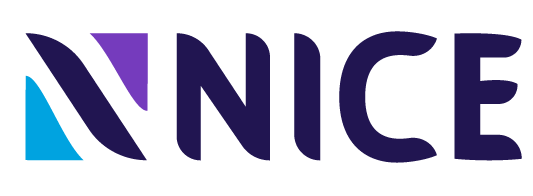Cloud security engineers develop and implement methods to secure and monitor cloud environments. They evaluate and respond to cyberthreats, automate and configure security controls, support incident handling and response, and perform cloud security audits.
Cloud security engineers are often also responsible for creating governance, risk, and compliance frameworks as well as disaster recovery and business continuity plans for cloud security incidents. In line with this, they may be tasked with providing feedback on their organization’s current security posture; evaluating the security standards and features of offerings like AWS Cloud, Azure, and GCP; and ensuring that their company complies with applicable laws and regulations for cloud computing and storage.











